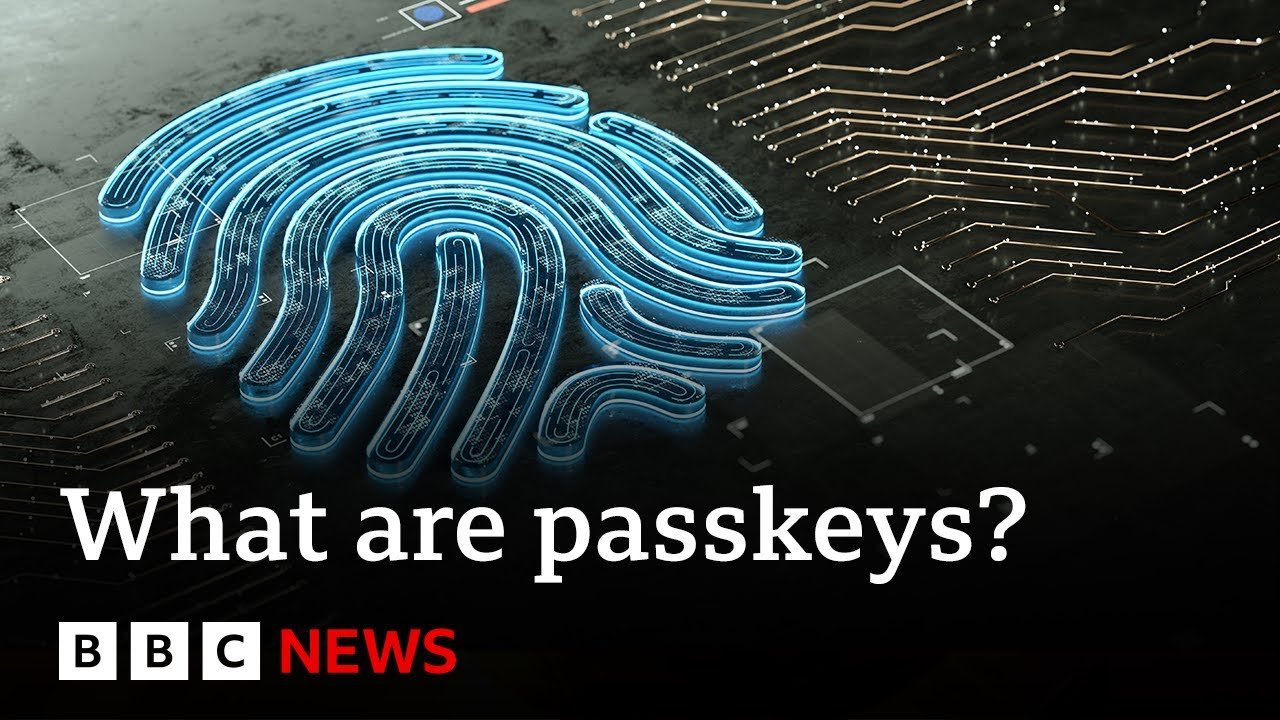Passkeys are emerging as a potential successor to traditional passwords, with major tech firms starting to adopt this no-password solution for enhanced online security. Passkeys utilize device pins or biometrics to securely access accounts, aiming to replace vulnerable passwords. This technology checks both the user’s identity and the correct code through encryption, making it a significant step forward in cybersecurity.
- Passkeys are a new technology poised to replace passwords for online security.
- Major internet businesses are considering passkeys as a more secure alternative to protect online accounts.
- Passkeys work by verifying the user’s identity using a device, leveraging biometrics or device pins along with encryption.
- Setting up a passkey is initially more cumbersome than a traditional password but offers better security.
- Passwords are inherently insecure and often predictable, making them susceptible to hacking.
- The cybersecurity industry has struggled to encourage the public to adopt secure password practices.
- Passkeys are expected to be used through mobile devices, employing thumbprints, PIN codes, and facial ID for authentication.
- While no system is entirely hacker-proof, passkeys represent a more secure future for online activities.
The British Broadcasting Corporation is a British public service broadcaster headquartered at Broadcasting House in London. Originally established in 1922 as the British Broadcasting Company, it evolved into its current state with its current name on New Year’s Day 1927.
AllSides Media Bias Rating: Center
https://www.allsides.com/news-source/bbc-news-media-bias
Official website: https://www.bbc.com/
Original video here.
This summary has been generated by AI.
